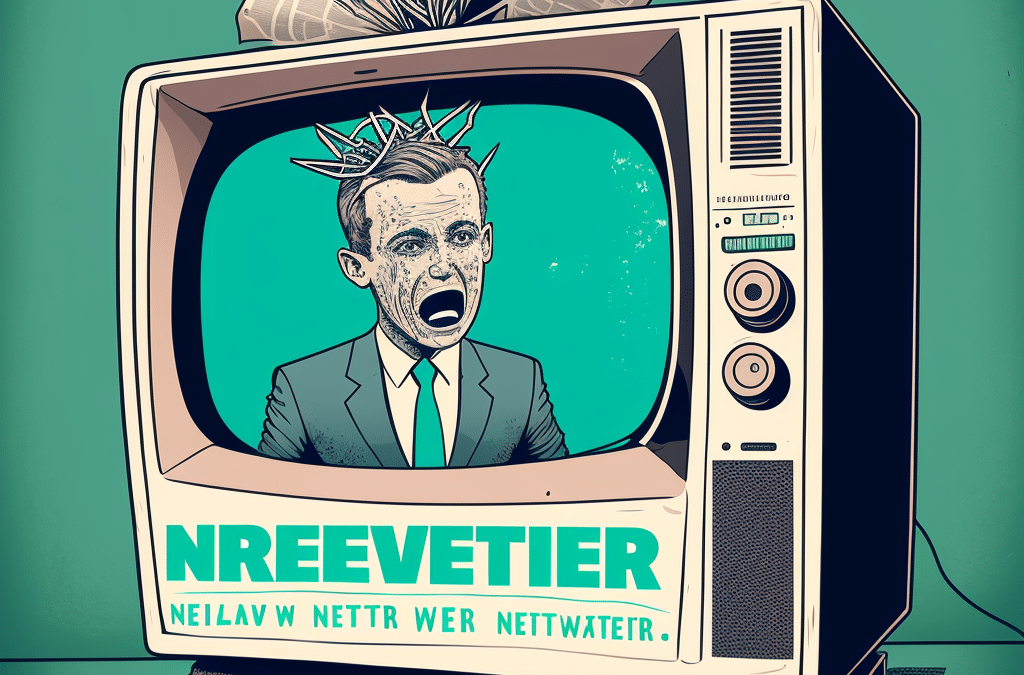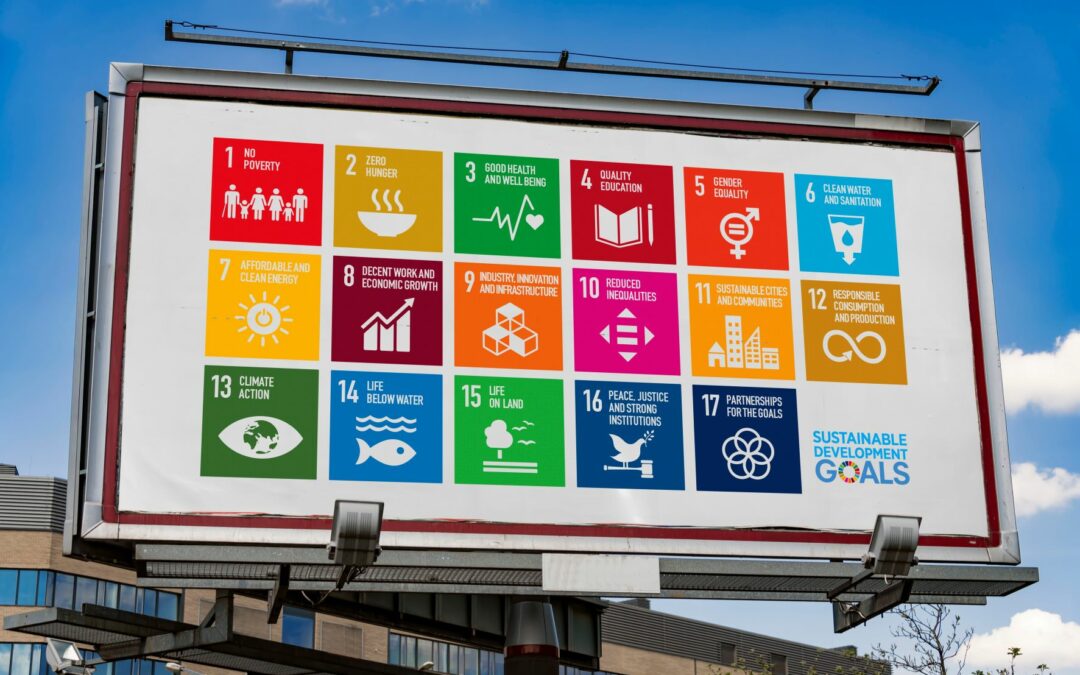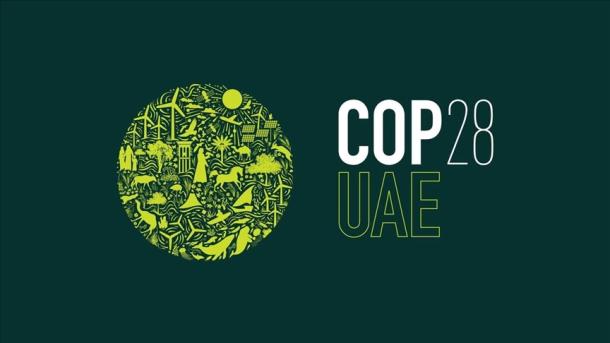Today we live in a world with numerous areas of power and no institutions adapted to address its contemporary security challenges. For instance, China and other countries in the Southeast Asian region argue over the sovereignty of the South China Sea, which is an essential route for maritime trade and has extensive reserves of oil and natural gas. In the absence of effective global or regional security structures, mistrust has grown, and hostile naval maneuvers continue. In Latin America, there are no major inter-state latent conflicts as above; nonetheless, there are very high levels of violence in some region countries due to drug trafficking and organized crime.
As seen, there are differences between security priorities among countries. A growing movement of scholars attributes these differences to material conditions and subjective perspectives. Understanding a world with identities and meanings per region makes it necessary to address security concerns with a regional focus. The definition of this new world order will not depend on a single Western power and its values but on the balance of power and the conjunction of different strategic visions. This selection of security research organizations aims to understand the multidimensional nature of power and threats through their national lenses and international objectives.
Europe
Organization for Security and Cooperation in Europe (1975; Vienna)
The world’s largest regional security organization with a comprehensive view of security covering three “dimensions”:
- the politico-military;
- the economic-environmental;
- and the human dimension.
Among its core issues includes election monitoring, human rights, legislative reform, the rule of law, and media freedom, as well as combating human trafficking, terrorism, and the smuggling of small arms and light weapons. Staff: ~2880
German Institute for International and Security Affairs (1962; Berlin)
Advises political decision-makers on international politics and foreign security policy. Also, it provides consulting on relevant international organizations such as the European Union, NATO, and the United Nations. Staff: ~140
European Union Institute for Security Studies (2002; Paris)
Deals with the analysis of foreign, security, and defense policy issues. Aims to “support the elaboration and projection of its foreign policy, and enrich the strategic debate inside and outside Europe.” In doing so, it also “acts as an interface between European experts and decision-makers at all levels.” Staff: 43
Institut de Relations Internationales et Stratégiques (1991; Paris)
Works on geopolitical and strategic issues. It is organized around four poles of activity: research, publication, training, and events. Besides, it has its school of international relations called IRIS Sup’. Staff: 113
Royal United Services Institute (1831; London)
Generates “national and free-thinking debate on issues of security and defense.” RUSI offers its members a wealth of publications and events providing “authoritative analysis, insight, and networks.” Staff: 85
International Institute for Security Studies (1958; London)
Provides “objective information on military, geopolitical and geo-economic developments that could lead to conflict.” It advances its goal through “publications, research projects, and events around the globe. Staff: 157
Stockholm International Peace Research Institute (1966; Stockholm)
Deals with data, analysis, and recommendations, based on open sources to policymakers, researchers, media, and the interested public on “conflict, armaments, arms control, and disarmament.”
Staff: ~200
Norwegian Institute of International Affairs (1959; Oslo)
Carries out research “on global power relations, security policy, development issues, international economics, and Norwegian foreign policy.” Communicates “research-based insights to the Norwegian public as well as to wider international audiences.” Staff: 17 staff, 71 researchers
Hague Centre for Strategic Studies (The Hague, 2007)
Offers “strategic decision support and advice in areas related to international and national defense and security.” Particular competencies include predictive modeling, web scraping, text mining, advanced internet search techniques, and data visualization. Staff: 51
Institute of World Economy and International Relations (1956; Moscow)
Elaborates a reliable analytical basis for political decision-making. Thus, it “cooperates with federal and regional government bodies, mass media, major public and private companies.” Staff: 315
North America
Center for Strategic and International Studies (1962; Washington)
Conducts non-partisan policy analyses and develops policy initiatives that anticipate future change. It regularly publishes books, reports, newsletters, and commentaries targeted at major decision-makers in its attempts to address the world’s most significant challenges. Staff: 220
Institute for National Strategic Studies (1984; Washington)
GIves “strategic support to the Secretary of Defense, Chairman of the Joint Chiefs of Staff and unified combatant commands, and engages with the broader national security community in the service of the common defense.” Staff: 43
CDA Institute (1987; Ottawa)
Provides “Canadians with leading Security & Defense” policy analysis through publicly available publications and research. CDA is tightly connected to Canadian academic and business circles, and many of its members are former military, intelligence, or diplomacy staff. Some of its sponsors come from the military industry. Staff: 6 staff, 11 research fellows
Rand Corporation (1948; Santa Monica, CA)
Works “with decision-makers in both the public and private sectors to find solutions to today’s difficult, sensitive, and important problems” through research and analysis. Staff: ~1950
Brookings Institution (1916; Washington)
Seeks to conduct high-quality, independent research and provide innovative, practical recommendations that strengthen US democracy, foster economic and social welfare of all Americans. Staff: 15 executive staff, 300+ experts
Stimson Center (1990; Washington)
Works “to solve the world’s greatest threats to security and prosperity” such as refugee flows, arms trafficking, terrorism. Its “research serves as a roadmap to address borderless threats through collective action.” Staff: 117
Council for Emerging National Security Affairs (1999; Washington)
Contributes “to the national security policy dialogue through formal discussion events, monthly teleconferences, and collaborative research projects published in both book form and online.” Staff: 26
University Institutes:
Institute for Security Policy and Law (2003; Syracuse, NY)
Focused on security, governance, national security policy, new battlefields and old laws, intelligence, and strategic studies. Its “initiatives and projects have shaped security dialogues on law and policy since 2003.” Staff: 8
Robert Strauss Center for International Security and Law (2007; Austin, TX)
Pursues “practical solutions to emerging international challenges. Hence, it sponsors a wide array of research programs and educational initiatives. It has over ten programs grouped under instability, technology, law, and public engagement. Staff: 82
Latin America
Centro de Gestão e Estudos Estratégicos (2005; Brasilia)
Supports “decision-making processes on topics related to science, technology, and innovation, through studies in prospecting and strategic assessment based on wide articulation with various specialists and institutions.” Staff: 108
Fundacion Futuro Latinamericano (1993; Quito)
Promotes “a culture of collaborative dialogue between multiple stakeholders and sectors to encourage the search for innovative solutions.” Looks to generate new capacities, strengthen the process of public policy implementing, and change conflicts into collaborative situations. Staff: 14
Asia
Regional Centre for Strategic Studies (1992; Colombo, Sri Lanka)
Encourages research, dialogue, networking, and deliberation on a broad range of conventional and non-conventional sources of conflict and conditions of peace. Aims to be the leading regional institute that initiates, coordinates, and supports research and learning on South Asian strategy and security topics. Staff: 8
S. Rajaratnam School of International Studies (2007; Singapore)
Exists to develop a community of scholars and policy analysts at the forefront of security studies and international affairs. Staff: 163
National Institute for Defense Studies (1952; Tokyo)
Conducts research and studies with a policy orientation while also serving as a strategic college-level educational institution for training high-level officers of the Japanese Self-Defense Forces. Staff: 136
Institute of Strategic & International Studies (1983; Kuala Lumpur)
Researches in fields such as foreign policy, security studies, economics, social policy, nation-building, technology, innovation, and environmental studies.” Moreover, it “undertakes research collaboration with national and international organisations in important areas, such as national development and international affairs.” Staff: 35
China Center for Contemporary World Studies (2010; Beijing)
Researches on national and international politics, social and political trends of thought, development modes, and socialist theories. Publishes a yearly CCCWS Yearbook and produces a monthly journal in Chinese entitled The Contemporary World, which discusses international relations and world issues. Staff: 30
Oceania
National Security College (2009; Canberra)
Offers specialized professional courses aimed at enhancing the functioning of the national security community. Seeks to strengthen cooperation networks between practitioners and non-government experts, contributing to developing a new generation of strategic analysts and providing outreach to businesses and the wider community. Staff: 30
Institute for Economics and Peace (2002; Sydney)
Aims “to create a paradigm shift in the way the world thinks about peace.” In fact, “by developing global and national indices, calculating the economic cost of violence, analysing country-level risk and fragility, and understanding Positive Peace.” Seeks to develop “metrics to analyse peace and to quantify its economic value.” Staff: 16
Middle East
Emirates Center for Strategic Studies and Research (1994; Abu Dhabi)
Focuses “on scientific research in addition to political, economic, social and cultural studies pertinent to the UAE, the Arabian Gulf region and the world.” Aims to “contribute to the UAE’s ambitious development visions, support public policies, and deliver a society of the future in light of accelerating technological developments.” Staff: 18
Institute for National Security Studies (2006; Tel Aviv)
Deals with “areas of national security matters such as military and strategic affairs, terrorism and low-intensity conflict, military balance in the Middle East, and cyber warfare” and engages in innovative, high-quality research that shapes public discourse of issues on Israel’s national security agenda. Staff: 89
Africa
African Centre for the Constructive Resolution of Disputes (1992; Durban)
Works “throughout Africa to bring creative African solutions to the challenges posed by conflict on the continent.” It is specialized in conflict management, conflict analysis, and conflict prevention and intervenes in conflicts through mediation, negotiation, training, research, and conflict analysis. Staff: 35
South Africa Institute of International Affairs (1934, Johannesburg)
Centers its work on South Africa’s and Africa’s international relations providing analysis, promoting dialogue, and contributing to African policymaking in a dynamic global context. Staff: 30
A world without leadership
There is a risk of a world without global governance. Many threats we face are global and require coordinated responses. However, its management remains essentially in states. Without the political will to seek models of governance that are legitimate for all actors, especially for the emerging powers, we will have to seek alternatives as the above organizations are promoting.
In March 2021, The National Intelligence Council (NIC) highlighted in one of its five scenarios that “disagreements are likely to intensify over the mission and conduct of these institutions and alliances, raising uncertainty about how well-equipped they will be to respond to traditional and emerging issues. Over time, states may even abandon some aspects of this international order”.
Revisionism and liberal international disorder
In turn, “the most serious threat to the liberal international order—which is not China’s expansionism but America’s abdication” (Zakaria, p. 224) could promote a drift towards a global power vacuum, making international relations less predictable. In particular, “Rising and revisionist powers, led by China and Russia, are seeking to reshape the international order to be more reflective of their interests and tolerant of their governing systems” (NIC, p. 106).
Nevertheless, seeing the bright side instead, Jeffrey Sachs stated in The Ages of Globalization “Our common fate does not mean homogeneity and an end of differences. It means a global society strengthened by distinctive cultures in a world made safe for diversity.” (Sachs, p. 205)
Reconciling these conceptions demands cooperation between research centers and think tanks to strive for solutions in different policy priorities among the major powers avoiding the siloization of knowledge. To see more, our collection of more than 90 Security and Strategic Studies Organizations contains cutting-edge work of worldwide noted institutions working to address these challenges.




0 Comments